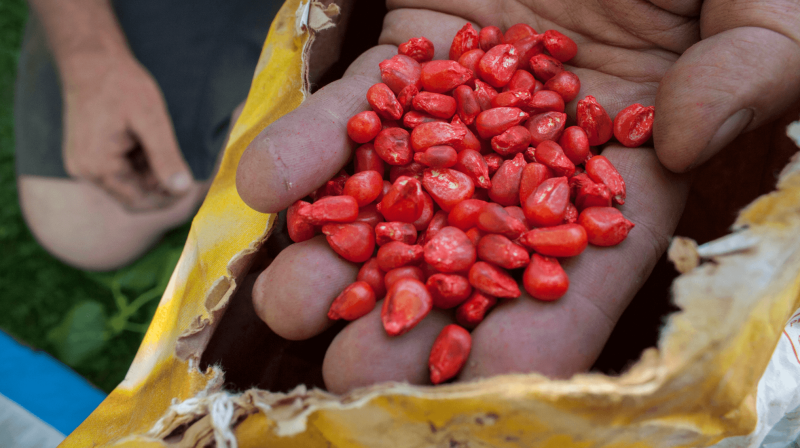Farmers and the agri-chemical industry are criticizing the European Parliament for seeking to export the EU’s stringent standards on pesticides.
They argue that a decision in the European Parliament to forbid residues of a banned pesticide on imported potatoes could establish an over-exacting precedent and disrupt global trade flows.
The European Parliament [recently] vetoed a proposal from the European Commission to increase the residue limit for clothianidin, a banned neonicotinoid in Europe that food safety regulators say poses a threat to bee life. The decision….means that potato farmers using the substance in countries where it is not banned, such as Canada and the U.S., would no longer be able to export their produce to the EU.
…
“It does have implications for sure on what products we will be able to use. It also impacts the production practices of farmers and eliminates the possibility of exporting into certain markets,” said David Jones, manager of potato industry coordination at the Canadian Horticulture Council. Canada had begun exporting potatoes to Portugal last year, a trade that is now under threat due to the Parliament’s decision, Jones added.
Read full, original article:Potato pesticide precedent riles farmers and industry (Behind paywall)































